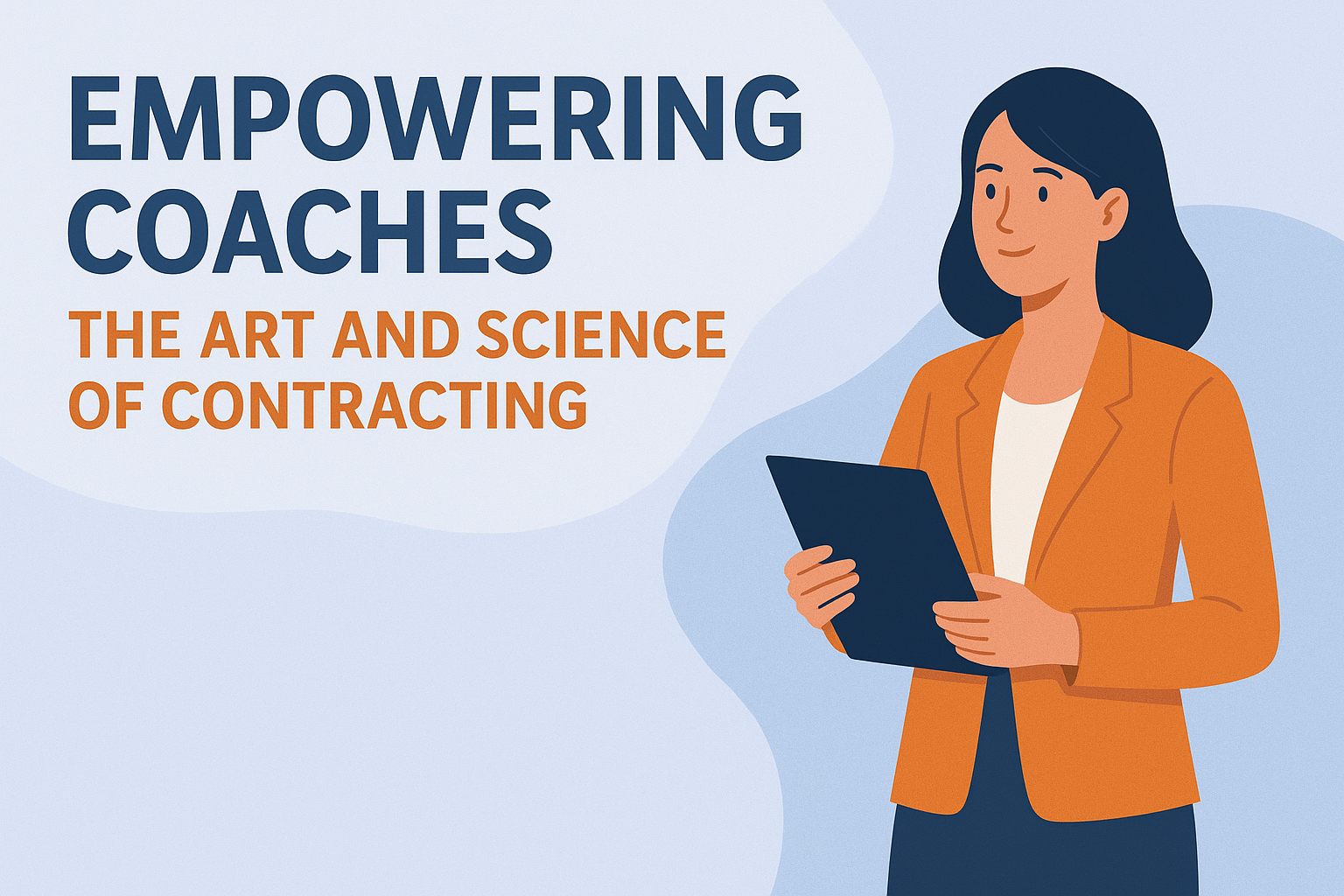There are no items in your cart
Add More
Add More
| Item Details | Price | ||
|---|---|---|---|

In the dynamic world of coaching, success hinges on a very important skill—mastering the art of #contracting. Contracting isn't merely a formality; it's a strategic process that lays the groundwork for #transformativecoaching experiences. I am sharing below the key principles I’ve crafted for myself over the last 5 years #coaching various clients:
2. Navigating the Contracting Journey:
4. Best Practices for Ethical Coaching:
In summary, effective contracting is not just a procedural step—it's a strategic tool for driving positive outcomes in coaching.
Announcing my upcoming Mentor Coaching batch to start in March 2024. Review my Mentor Coaching Home page to learn more about the upcoming program and set up a complimentary chemistry session with me so you can make an informed decision about joining the upcoming batch.

Shanti Sharma